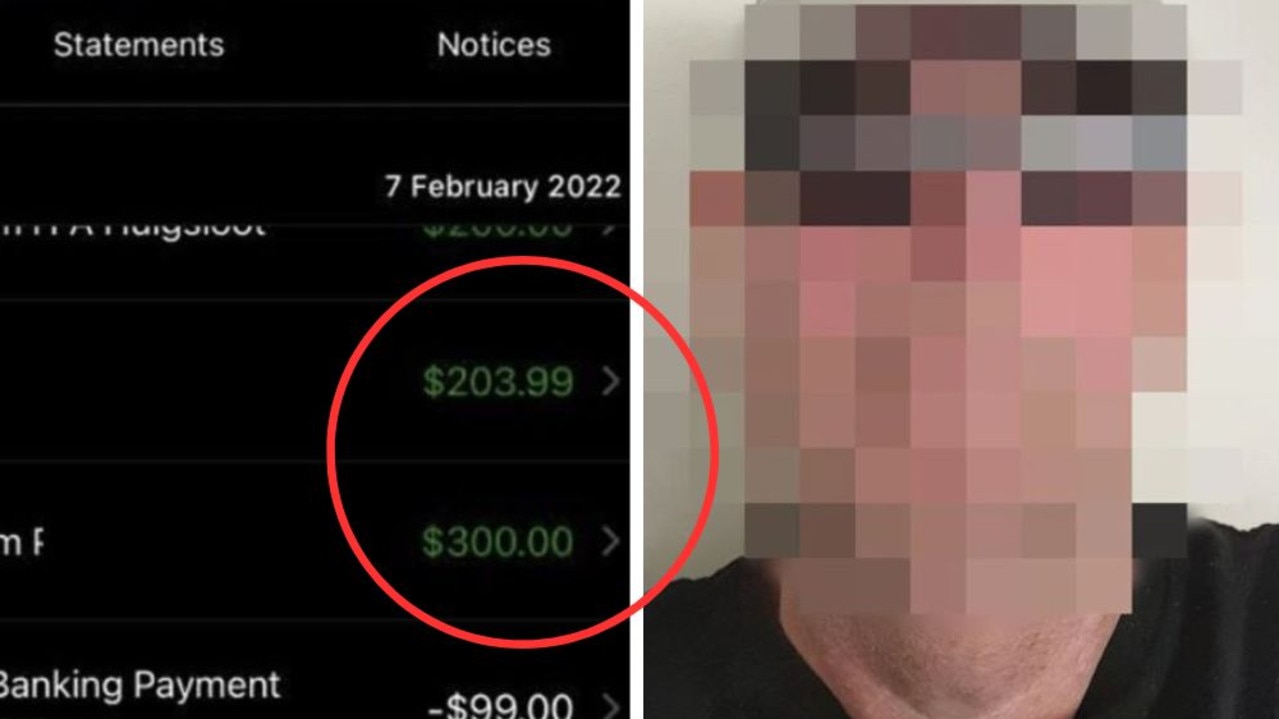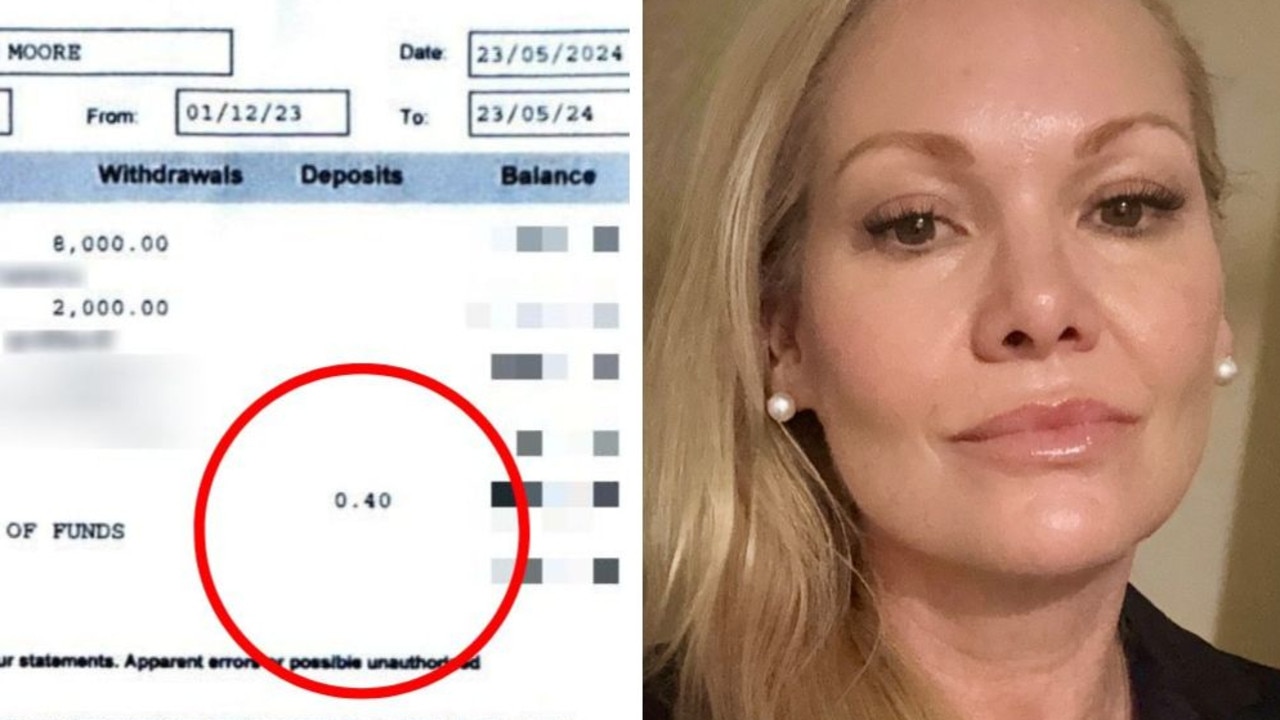Is the public health system so good you don’t actually need private insurance?
A LARGE number of Australians have private health insurance but, according to an eye-opening new report, we may not actually need it.
Costs
Don't miss out on the headlines from Costs. Followed categories will be added to My News.
EXCLUSIVE
SAVE your money and don’t bother with private health insurance.
The public hospital system is now so good Australians can get away with not joining a health fund, a major investment bank has found.
And the claim private health insurance is vital to easing pressure on public hospital waiting lists is also a myth according to investment adviser Morgan Stanley.
In a 63-page analysis obtained by News Corp the investment bank warns “many people now see the free public hospital system as adequate catastrophe cover”.
RELATED: Private health insurance reforms
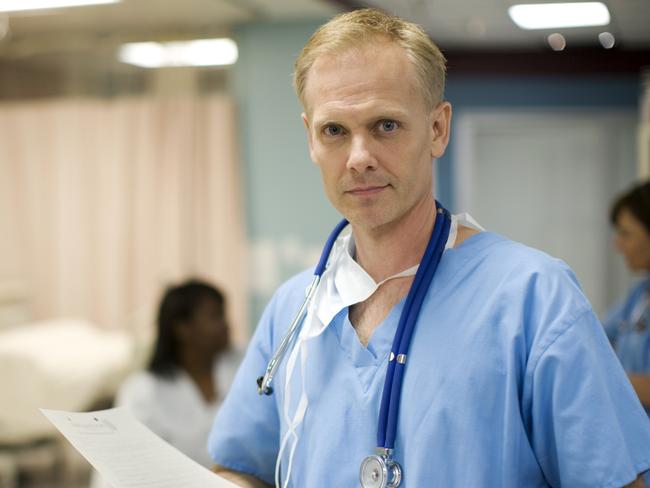
Morgan Stanley’s executive Director Daniel Toohey says the private health industry has become lazy and the government should refuse any premium rises for three years to force the industry to sort itself out.
The report even dismisses the government’s tax penalty that forces higher income Australians into private health cover as losing its sting as premiums skyrocket.
The bank produced the research to guide its advice to clients thinking of stockmarket investments in health funds and public hospitals.
Other research by independent market research company IPSOS has also found the confidence of Australians in the public hospital system has risen by 10-15 points in the last decade to over 80 per cent.
The revelations come as health funds are under fire for covering less and less of their member’s health bills as profits surge.
Gap payments health fund members face when they use a surgeon in a private hospital have soared nearly 20 per cent.
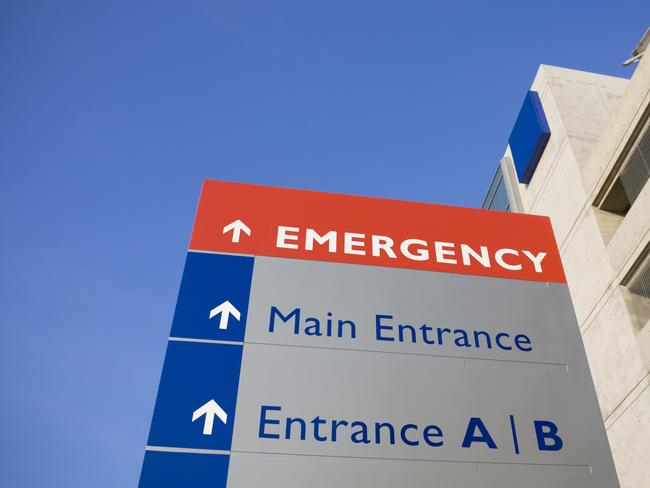
Funds are blaming the government’s three-year Medicare freeze for the rise that has seen patient out-of-pocket expenses rise to an average $300 per episode of care.
Medibank research shows some doctors are charging $17,000 more than their peers for some operations leaving their patients with massive out of pocket expenses.
Breast cancer patients can face surgeons’ out of pocket expenses of up to $3500 for a lumpectomy and up to $12,500 for a mastectomy, their anaesthetists will charge their own out of pockets.
Rising premiums and declining value is behind a continuing fall in health fund membership, which has declined from a peak of 47.4 per cent in 2015 to 45.8 per cent in September.
Health funds made $1.4 billion in profits last financial year, dragging in 4.3 per cent extra premium revenue, benefit payouts only rose by 3.7 per cent.
Morgan Stanley predicts health fund membership will continue to fall placing pressure on private hospitals but it says public hospitals will be able to cope with increased demand.
“Our analysis suggests that under a status quo scenario, the public sector could feasibly absorb the excess demand caused by an ageing population and falling participation in the private hospital sector,” the analysis says.

Public hospital elective surgery waiting times are generally stable or falling, rising mainly for less urgent surgeries that can wait for over a year, the report says.
Recent multi-billion dollar state government investment in public hospitals means they now have more single rooms placing private hospitals under threat.
“The picture is not as dire as the media would suggest (of a public system at breaking point, evidenced by crowded emergency departments and ballooning elective surgery wait times).
People who are grudge purchasers of health insurance “will be better off paying the Medicare Levy Surcharge than buying insurance,” the analysis says.
Australian Health and Hospitals chief Alison Verhoeven says there has been substantial investment in public hospitals, there are more single rooms, waiting times are acceptable and many are attached to universities and provide leading edge care.
“I would say we are at the point where, yes, people would feel comfortable making public hospitals their choice,” she said.
As private insurance numbers fall she says its time for the federal government to direct some of the $6 billion it spends subsidising insurers to funding public hospitals which face greater demand.
Health fund spokeswoman Private Healthcare Australia chief Rachel David says
claims the public sector can feasibly adjust to absorb greater demand from the ageing population and the drop off from people exiting PHI is “incorrect and very naive”.
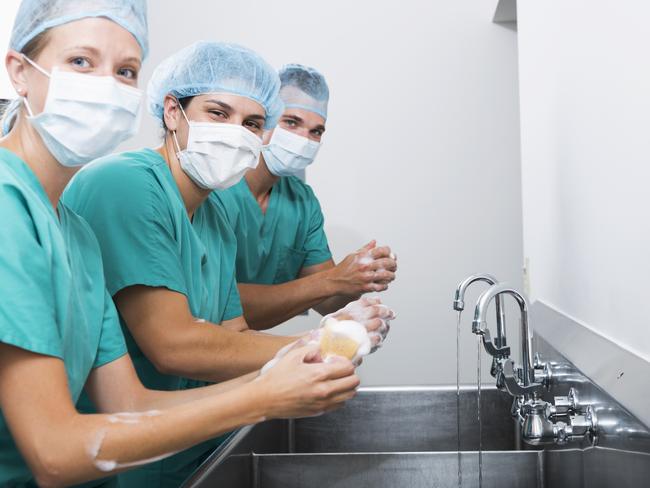
“Private hospitals are efficient providers of elective surgery because they act as ‘focused factories’ and are highly efficient, getting through many more cases in a list than the public system,” she said.
Wait times for elective surgery in public hospitals extend to years and the public system can’t quickly treat disabling sporting injuries, eating disorders, weight loss surgery, chronic severe anxiety and depression, she said.
Private Hospitals Association chief Michael Roff says research clearly indicates Australians not only value the high quality of care provided in private hospitals, they also appreciate the choice and control the private system provides.
“In the public system, you don’t get to choose when you are treated, you don’t choose which doctor treats you and you don’t choose which hospital you are treated in,” he said.
“In the private system you do. And apart from the case of major trauma, you will always wait to be treated in a public hospital.
“Although waiting times in the public system may be categorised as ‘clinically appropriate’, most people don’t understand that depending on the condition, this could be months or even a year.”
The investment adviser is warning its clients the value proposition of investing in the sector is eroding now health fund membership is now in decline and private hospitals are under financial pressure.
The report notes public hospitals are already stealing privately insured patients from private hospitals (14 per cent of public hospital patients were insured last year) and predicts further falls in health insurance membership.
Originally published as Is the public health system so good you don’t actually need private insurance?

